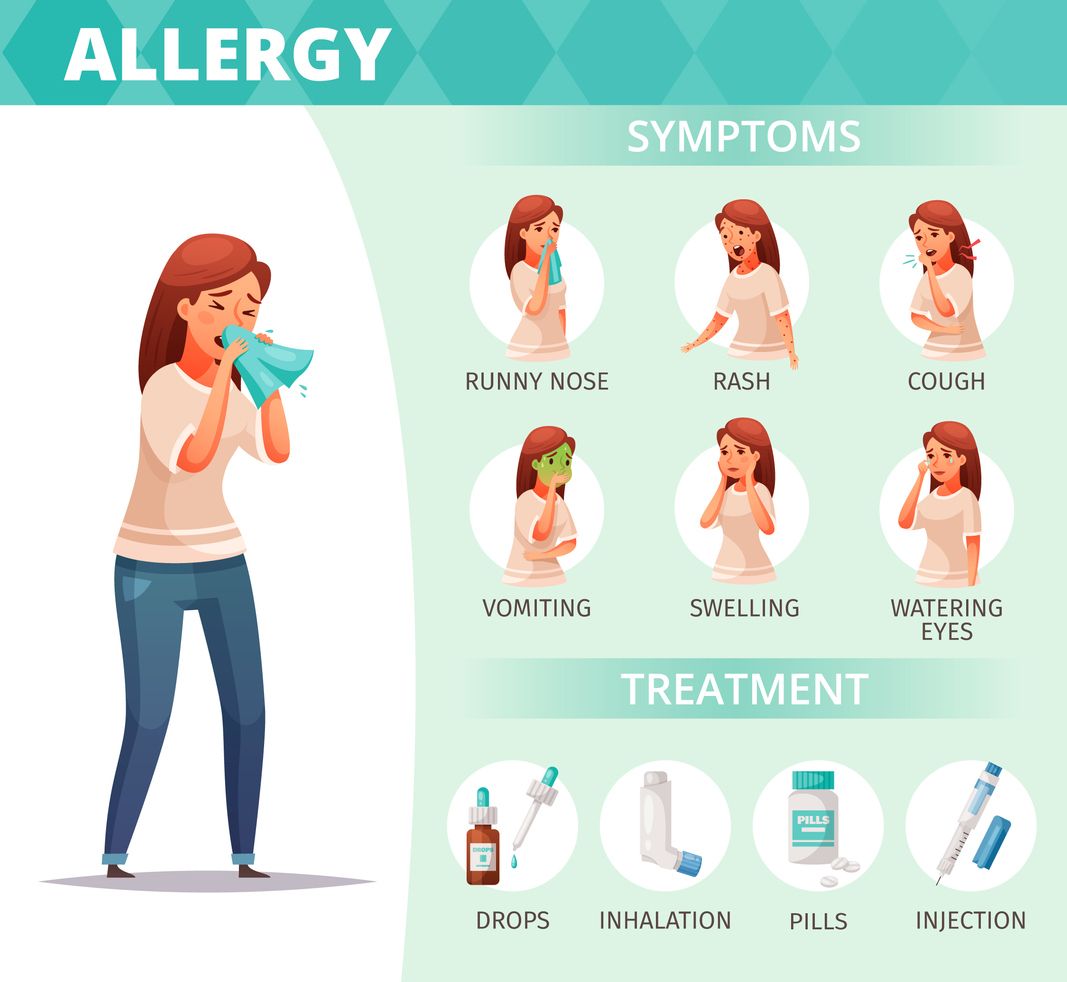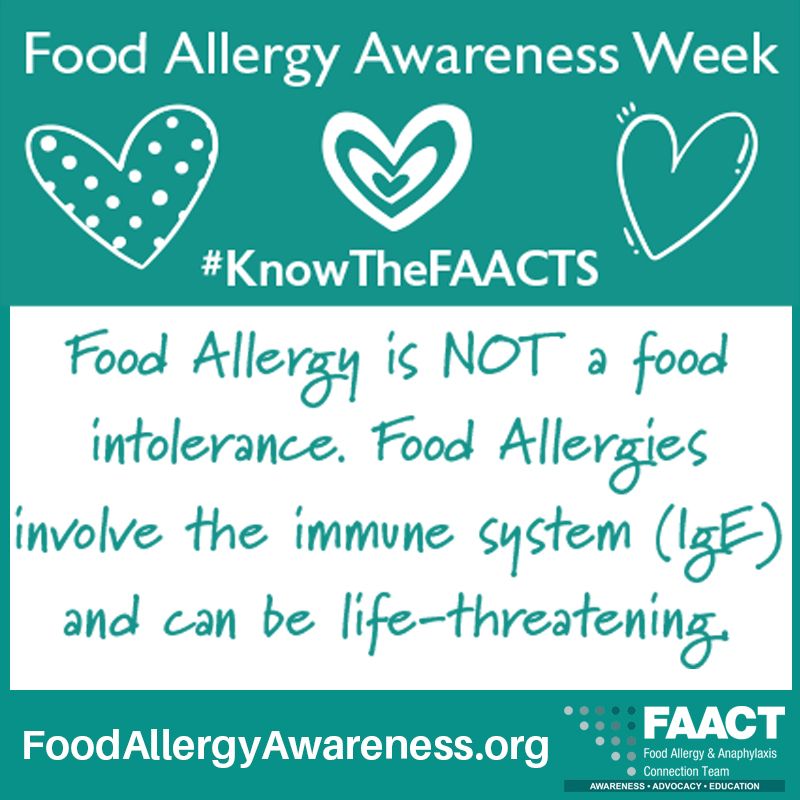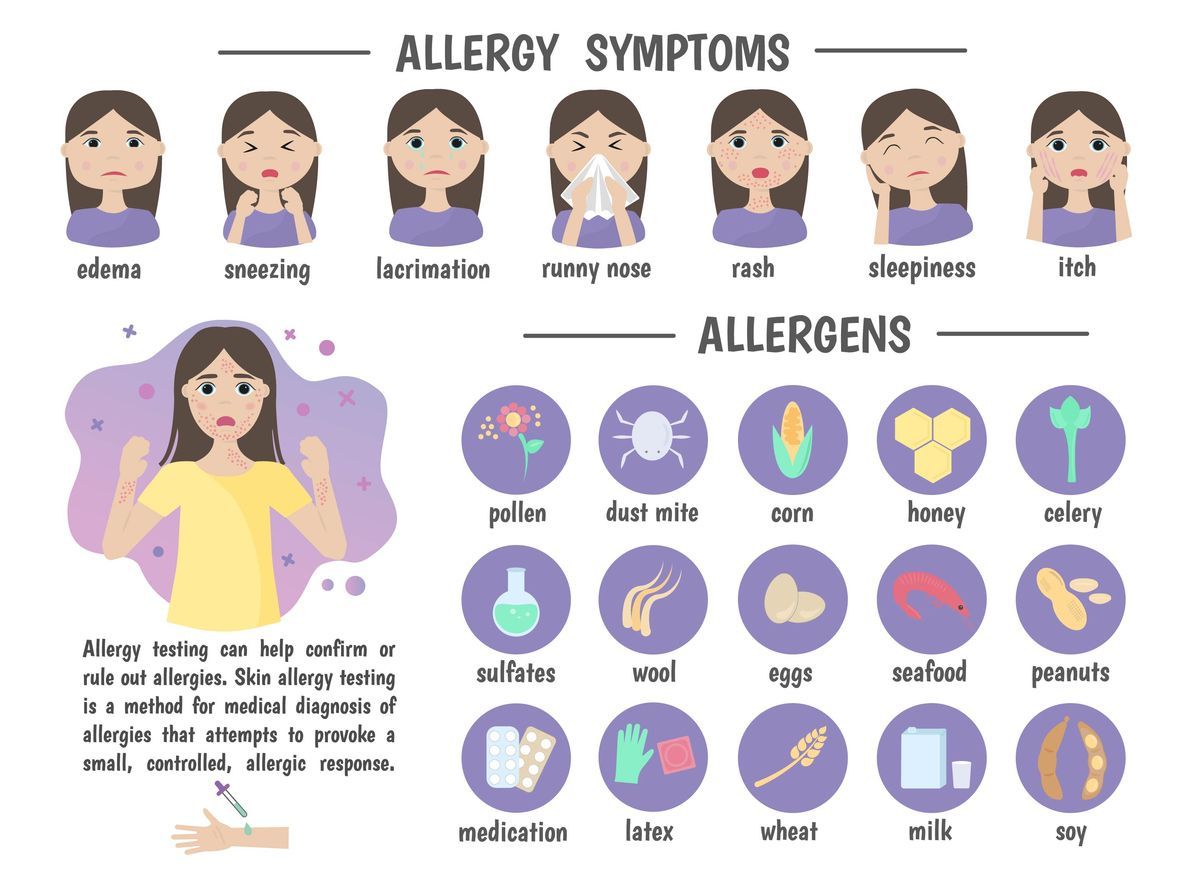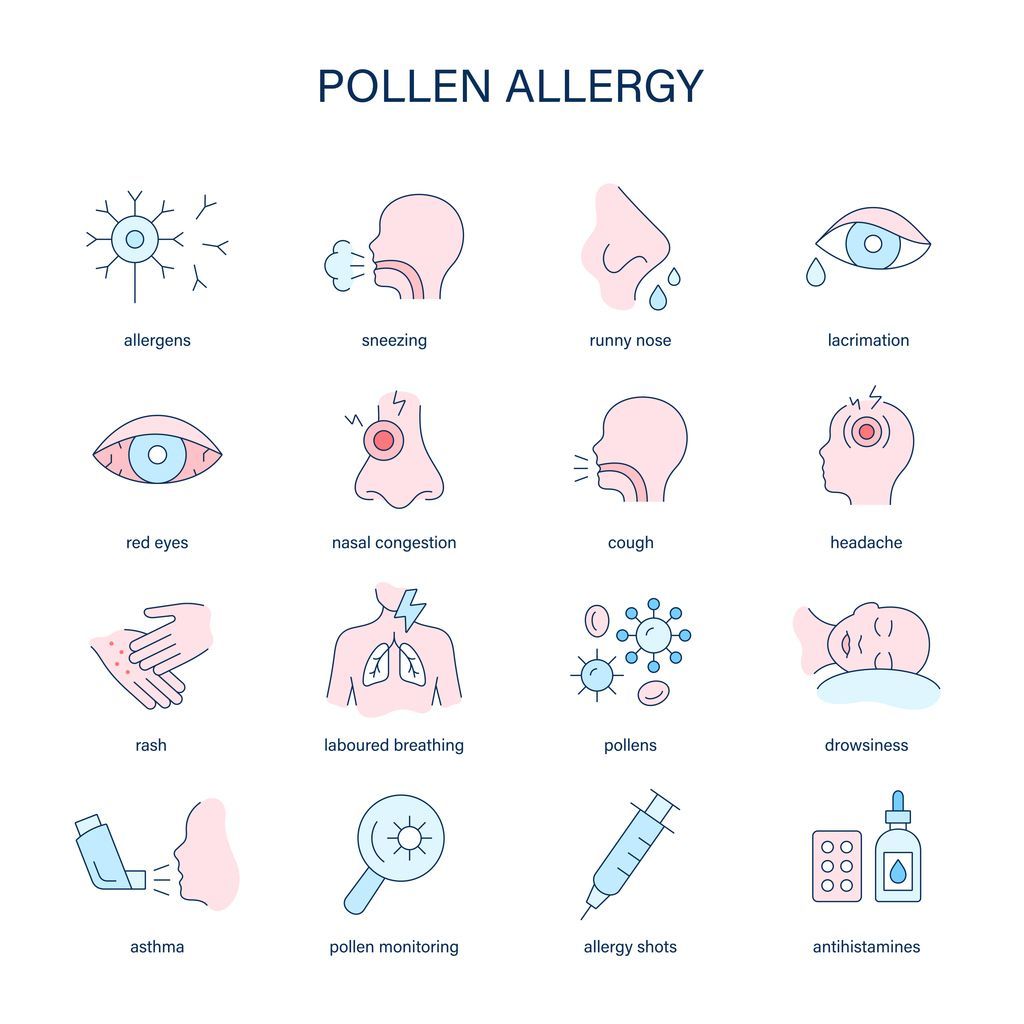Have spring allergies? You may have a tree pollen allergy
Have spring allergies? You may have a tree pollen allergy
Spring is a time of renewal and rejuvenation, but for many people in Iowa, it can also be a time of seasonal allergies. As spring arrives, so does the start of tree pollen allergy season. Trees begin to bloom and release pollen into the air, causing discomfort for those with allergies.
With the abundance of trees in the state, allergy sufferers need to be aware of the symptoms and take precautions to minimize their exposure to pollen. In this article, we'll take a closer look at tree pollen allergy season in Iowa and provide tips on managing your allergies during this time.
What is a tree pollen allergy?
A tree pollen allergy is an allergic reaction that occurs when the immune system overreacts to pollen from trees. Trees release pollen into the air during their blooming season, which can trigger symptoms in people who are allergic to it.
When a person with a tree pollen allergy inhales or comes into contact with the pollen, their immune system produces antibodies that cause the release of histamine and other chemicals in the body, resulting in symptoms such as sneezing, runny nose, itchy and watery eyes, and sometimes even breathing difficulties.
What are tree pollen allergy symptoms?
Tree pollen allergy symptoms vary from one person to another, but they typically include the following:
- Sneezing
- Runny or stuffy nose
- Itchy and watery eyes
- Scratchy or sore throat
- Coughing
- Fatigue
- Irritability
In some cases, a tree pollen allergy can also cause more severe symptoms, such as:
- Difficulty breathing or shortness of breath
- Wheezing
- Chest tightness
- Trouble swallowing
- Swelling of the face, lips, tongue, or throat
Symptoms of a tree pollen allergy can be similar to those of a common cold, but allergies typically last longer and are not accompanied by a fever.
Self-remedies for tree allergies
Contrary to what you may think, the allergy process is a good thing because it means your body is fighting against intruders like toxins, bacteria, and in this case, pollen. Some people are highly sensitive to otherwise harmless substances like pollen, which triggers a tree pollen allergy. While there is no cure yet for tree allergies, these self-remedies can help alleviate symptoms and make allergy season more manageable.
- Avoid outdoor activities during peak pollen times: Try to stay indoors when pollen counts are high, typically in the morning and early evening. You might want to keep your windows closed during this time and switch to using air conditioning instead.
- Wear a mask: If you must be outdoors during peak pollen times, wear a mask to prevent pollen from entering your nose and mouth.
- Keep your home clean at all times: Regularly clean your home, especially areas where pollen can accumulate, such as carpets, curtains, and bedding. Use a filter vacuum cleaner and an air purifier to help remove pollen from the air.
- Shower and change your clothes: After spending time outdoors, immediately take a shower and change your clothes to remove any pollen that may have collected on your body and clothing.
- Drink plenty of fluids: Drinking plenty of fluids, such as water and herbal tea, can help keep your body hydrated and thin out mucus, making it easier to clear your sinuses.
Allergy treatments to alleviate tree allergy symptoms
There are several tree allergy treatments available that can help alleviate tree allergy symptoms, including:
- Antihistamines: Antihistamines work by blocking the effects of histamine, a chemical that is released by the immune system during an allergic reaction. They are commonly used to treat allergy symptoms such as sneezing, itching, and runny nose.
- Decongestants: These help relieve nasal congestion by narrowing the blood vessels in the nasal passages, reducing swelling, and opening up the airways.
- Nasal corticosteroids: These are nasal sprays that reduce inflammation in the nasal passages, providing relief from congestion, runny nose, and sneezing.
- Immunotherapy: This is a long-term treatment that can help reduce the severity of allergy symptoms over time. It involves regular allergy injections or drops of small amounts of allergens, such as tree pollen, to help the immune system build up a tolerance to them.
It's important to consult a healthcare professional before starting any new allergy treatment, especially if you have other medical conditions or take prescription medications. Your healthcare professional can help you determine the best treatment plan based on your symptoms and medical history.
Consult a doctor today
At Iowa Allergy Clinic, we offer environmental allergy treatment options for different allergies, including tree pollen allergies. Contact us to make an appointment with a doctor today for a diagnosis and treatment options.










